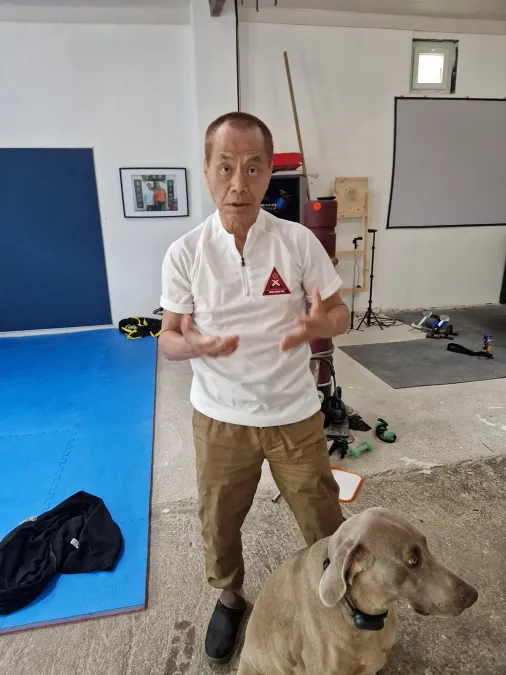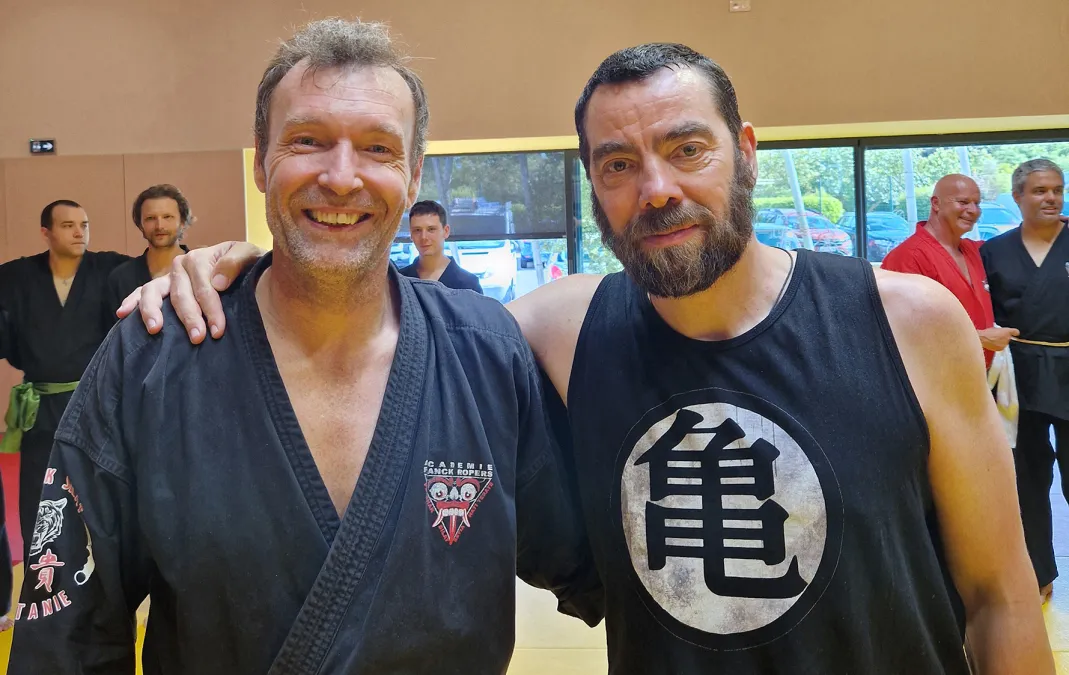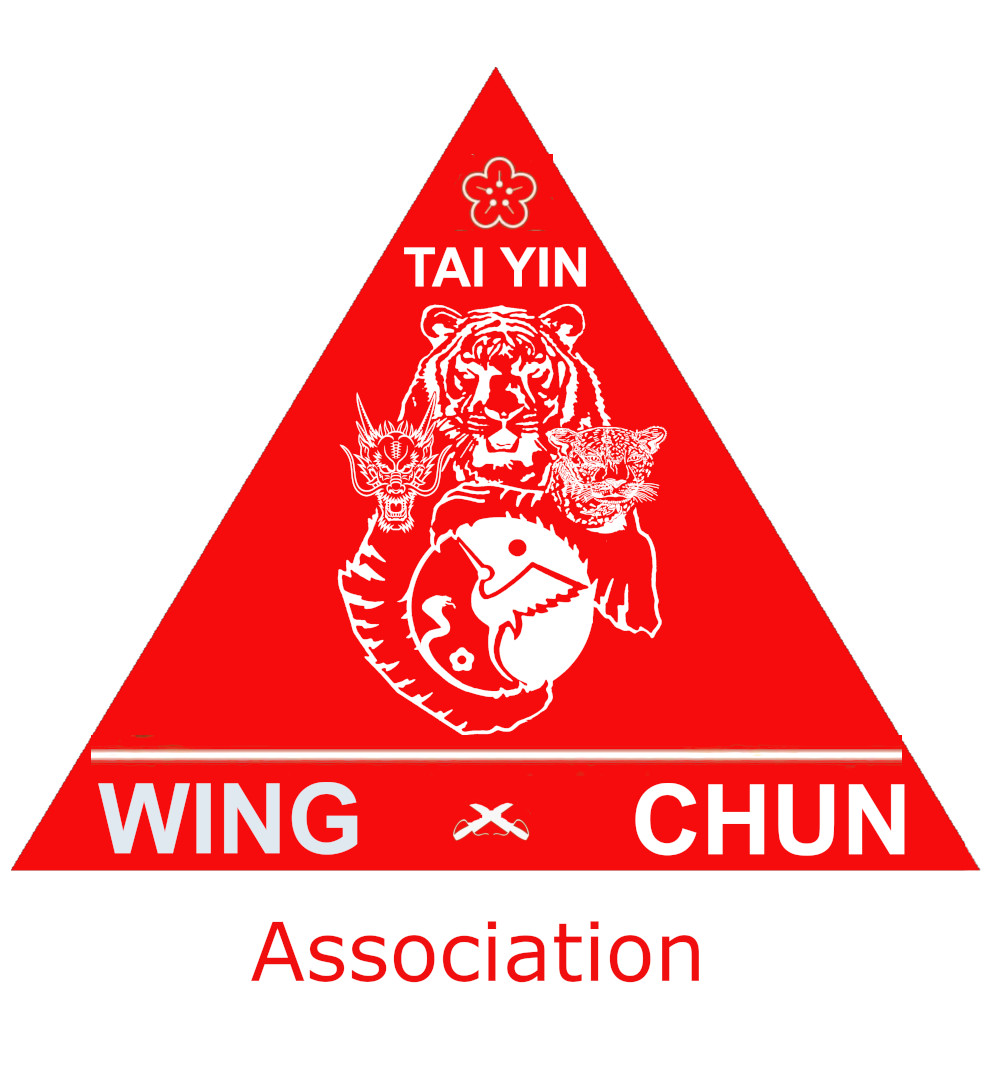
Zui Quan: The Art of Drunken Kung Fu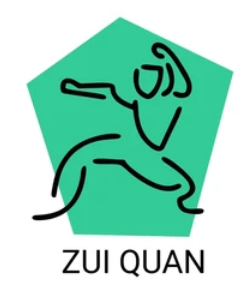
Kung Fu Zui Quan, or "Drunken Boxing," is a unique style of Chinese kung fu that mimics the unbalanced movements of an intoxicated person. But don't be fooled! Behind these seemingly clumsy gestures lie highly effective techniques.
Origins and History of Zui Quan
Zui Quan finds its roots in ancient Chinese traditions, where simulated drunkenness was used to destabilize opponents. This style is often associated with Southern Chinese martial arts, particularly Lingnan Kung Fu.
The Eight Immortals
Legend has it that Zui Quan is inspired by the Eight Immortals, mythical Chinese figures known for their love of wine and supernatural powers. Each movement in Zui Quan reflects the personality and attributes of these immortals.
Techniques and Characteristics of Zui Quan
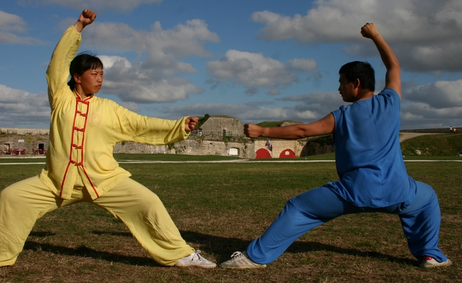 Zui Quan is characterized by:
Zui Quan is characterized by:
- Fluid and unpredictable movements that confuse opponents.
- Extreme flexibility requiring great body suppleness.
- Use of falls and rolls to evade and counterattack.
- Staggering postures: movements that simulate the hesitant gait of an intoxicated person, making attacks difficult to predict.
- Flexibility and agility: fluid sequences requiring great suppleness to perform falls, rolls, and evasions.
Hidden attacks: strikes delivered from unusual positions, taking advantage of surprise to hit vulnerable areas.
These techniques require advanced body control and precise coordination despite the seemingly chaotic movements.
Zhang Ke Zhi of Taipei: A Master of Zui Quan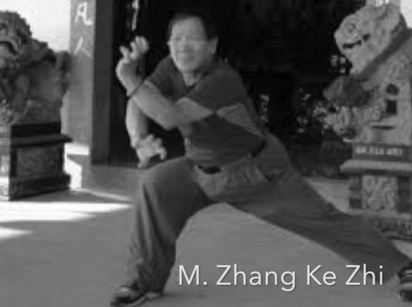
Among contemporary masters, Zhang Ke Zhi of Taipei is an emblematic figure of Zui Quan. His approach combines tradition and modernity, offering a unique perspective on this ancestral martial art. The Grand Master Zhang Kezhi is an expert in Zui Quan and Hongjia Quan (Hung Gar). Born in Hualien, Taiwan, he began his martial training under Master Lin Jiakun in 1968 while serving in the army. Impressed by his dedication, Master Lin passed on his entire art to him.
Master Zhang Ke Zhi is a prominent figure in Taiwanese kung fu. A sole disciple of Master Lin Jia Kun, an expert in Hung Gar, Zhang Ke Zhi founded a kung fu school and a traditional Chinese medicine clinic in Taipei in 1970. He continues to oversee his students' training, perpetuating the tradition of Taiwanese Hung Gar.
Zui Quan in Popular Culture
Zui Quan gained popularity through cinematic portrayals, notably with Jackie Chan in the movie "Drunken Master" (1978). These works helped introduce this unique martial art to the general public, highlighting its technical complexity and distinctive aesthetics.
Zui Quan and Wing Chun
While Wing Chun and Zui Quan are distinct styles, they share a common philosophy: efficiency of movements and adaptability to opponents. Integrating elements of Zui Quan can enrich Wing Chun practice by adding fluidity and unpredictability.
FAQ about Zui Quan
Does Zui Quan require alcohol consumption?
Absolutely not! The drunkenness is purely simulated to deceive opponents.
Is Zui Quan effective in real combat?
Yes, despite its playful appearance, Zui Quan is a serious martial discipline with proven techniques.
Can anyone learn Zui Quan at any age?
Of course! Like any martial art, it is essential to adapt training to one’s physical abilities.
Conclusion
Zui Quan is much more than just an imitation of drunkenness. It is a martial art rich in history and sophisticated techniques. For practitioners of Lingnan Kung Fu in Montauban and Toulouse, integrating elements of Zui Quan can add a new dimension to their practice. So, are you ready for the challenge?
#kung fu Zui quan

